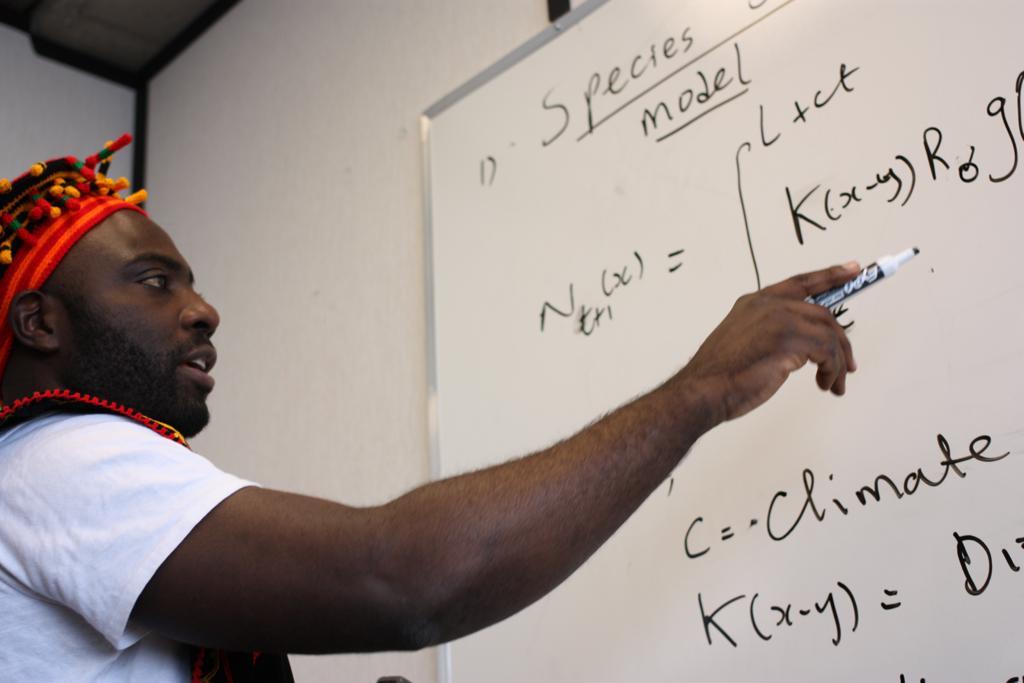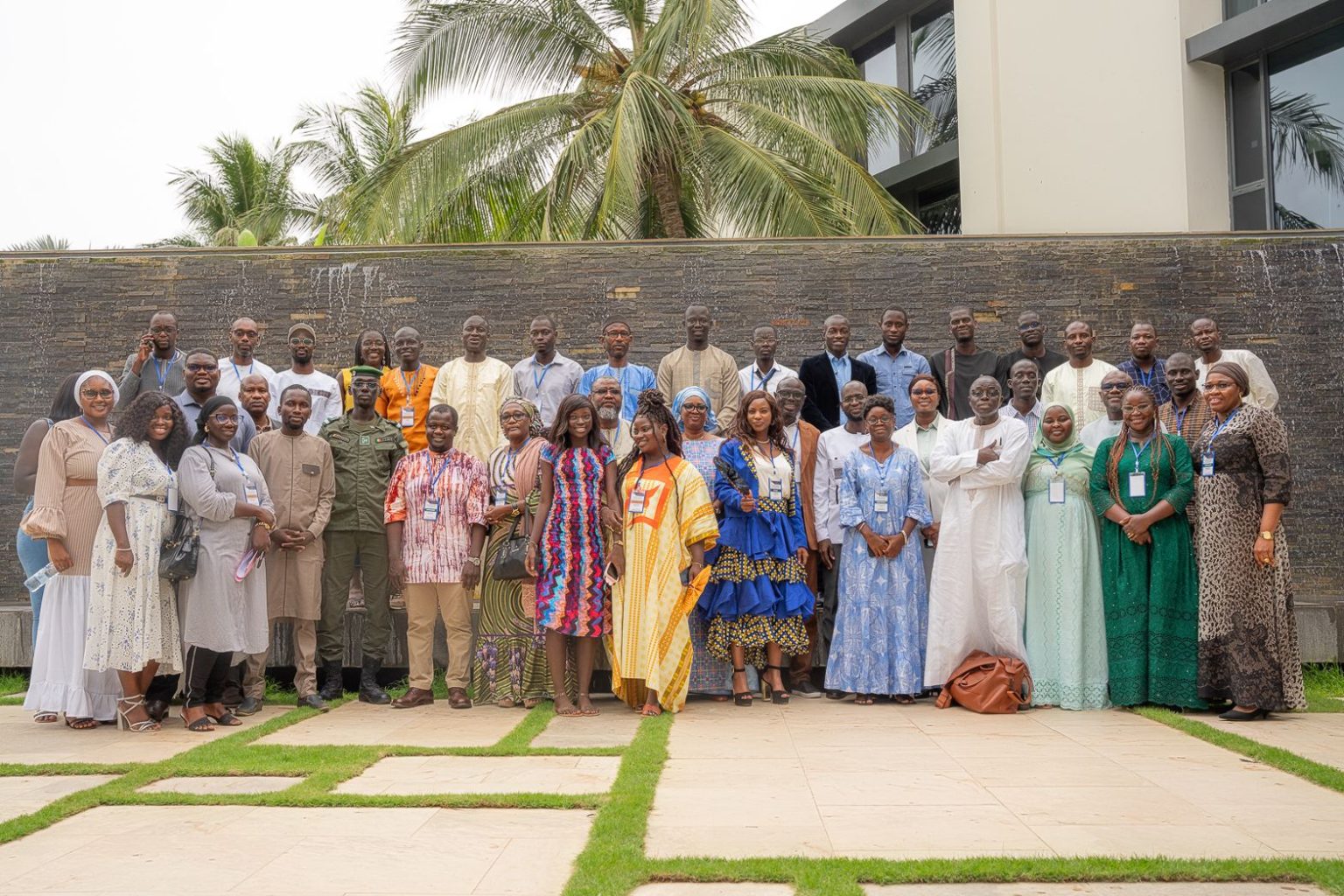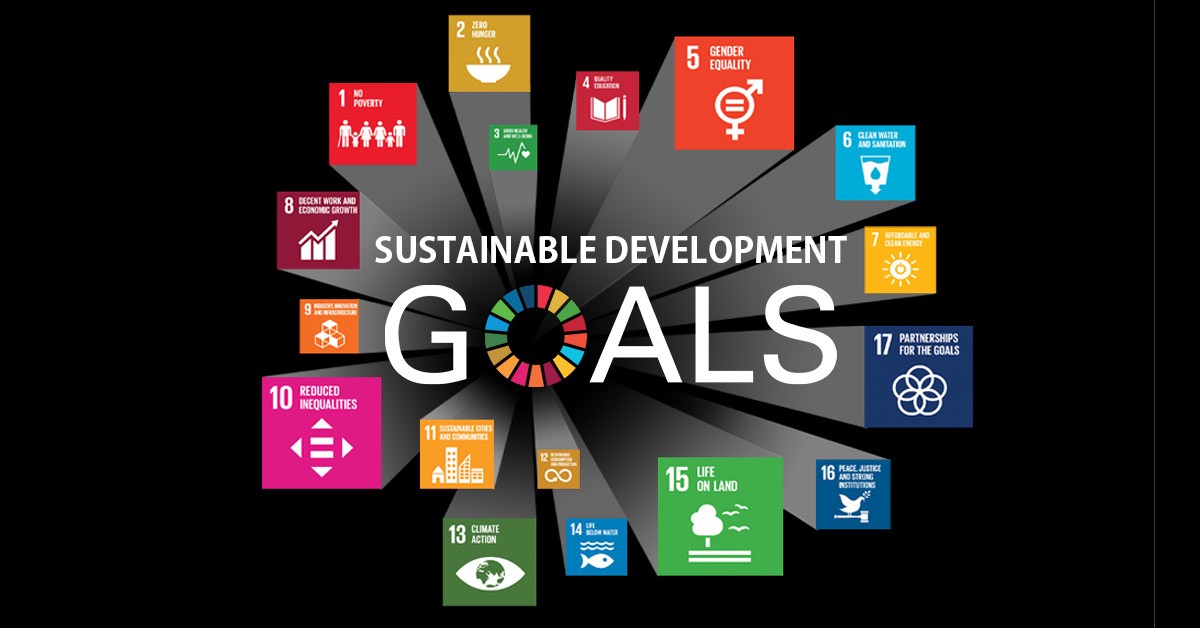The program, led by York University in Toronto, merges knowledge from researchers, policy makers and local community experts from around the world to create AI-powered tools tailored to specific countries to reduce the devastating impacts of existing or emerging infectious disease outbreaks.
The goal is to design health-care solutions based on local data from different sources and to develop and train AI algorithms to address specific needs such as predicting outbreaks in a set region. The initiative encompasses 16 southern projects in total.
A Canadian university-led program is exploring how artificial intelligence (AI) can help improve preparedness for infectious diseases outbreaks in the Global South, thus revolutionizing health care on a global scale.
The program, led by York University in Toronto, merges knowledge from researchers, policy makers and local community experts from around the world to create AI-powered tools tailored to specific countries to reduce the devastating impacts of existing or emerging infectious disease outbreaks.
The goal is to design health-care solutions based on local data from different sources and to develop and train AI algorithms to address specific needs such as predicting outbreaks in a set region. The initiative encompasses 16 southern projects in total.
“We’re making locally-relevant data actionable to create common policies that are relevant to the local public,” Jude Kong, the program’s executive director told CTVNews.ca on Wednesday.
“Our hope is for COVID-19 to never repeat itself.”
The multi-regional network, named Global South Artificial Intelligence for Pandemic and Epidemic Preparedness and Response Network(opens in a new tab) (AI4PEP), received $7.25 million in funding from the International Development Research Centre last year.
From this funding, more than $5.8 million will be used over the course of five years to enhance locally-led projects in the southern countries.








